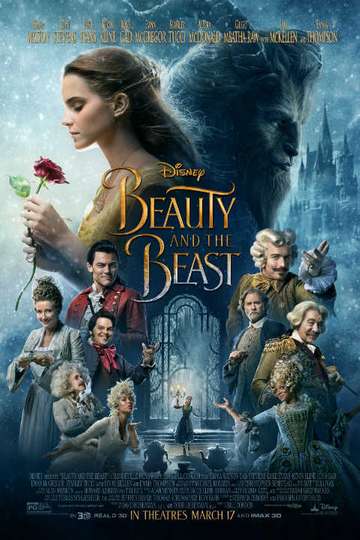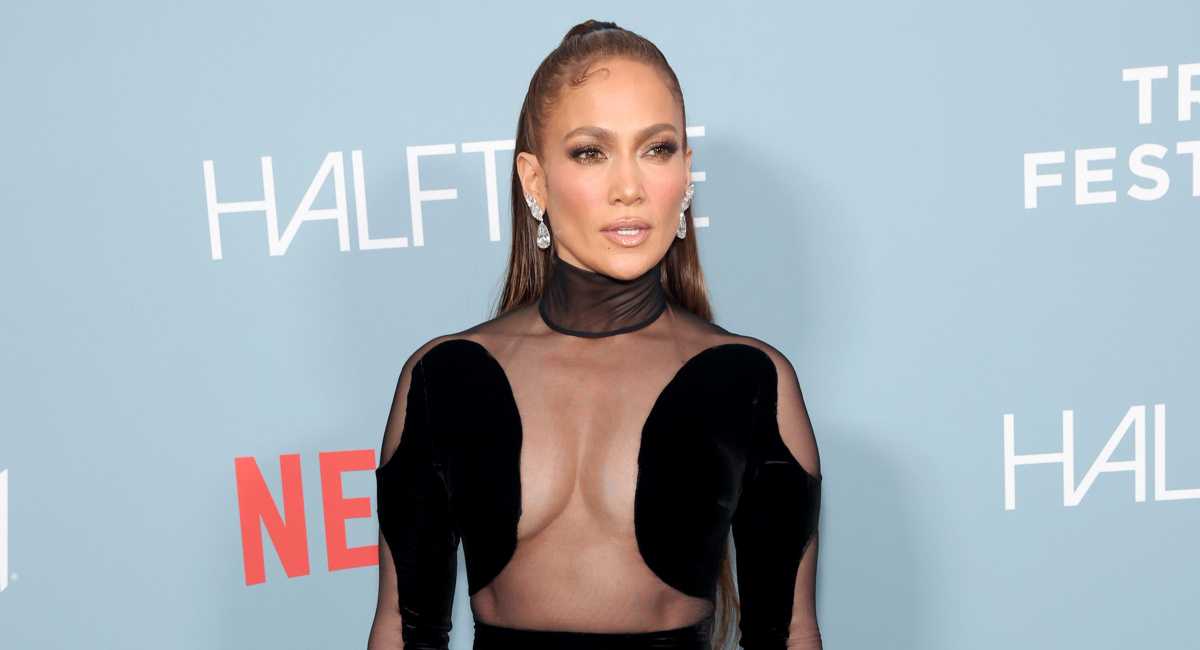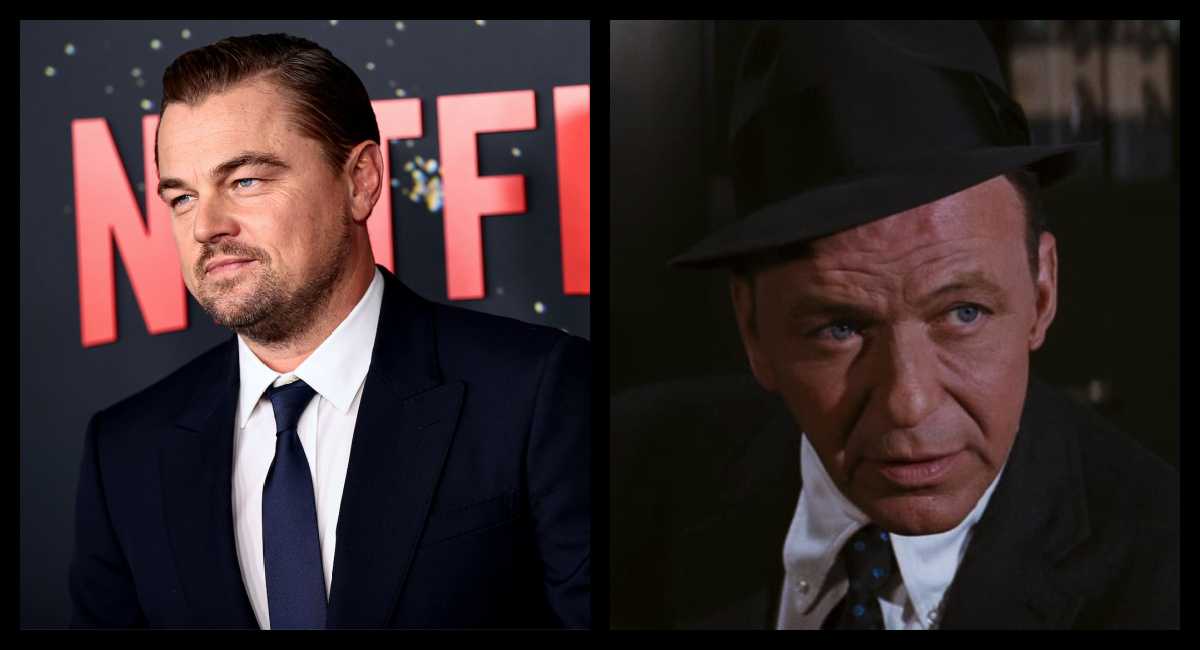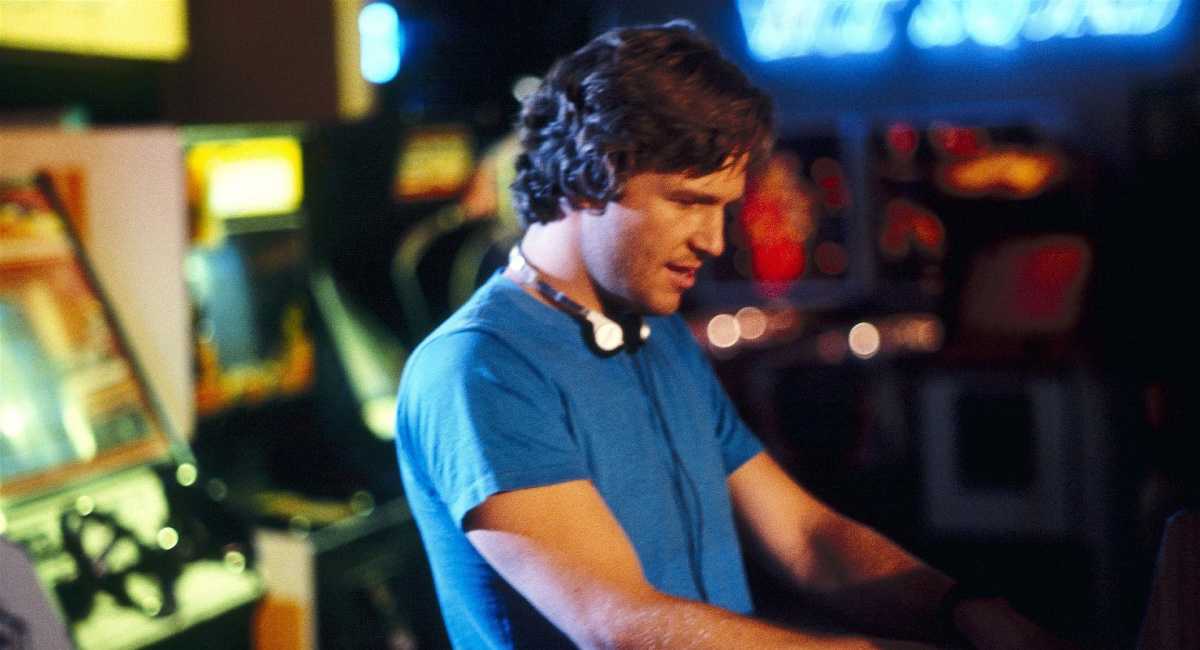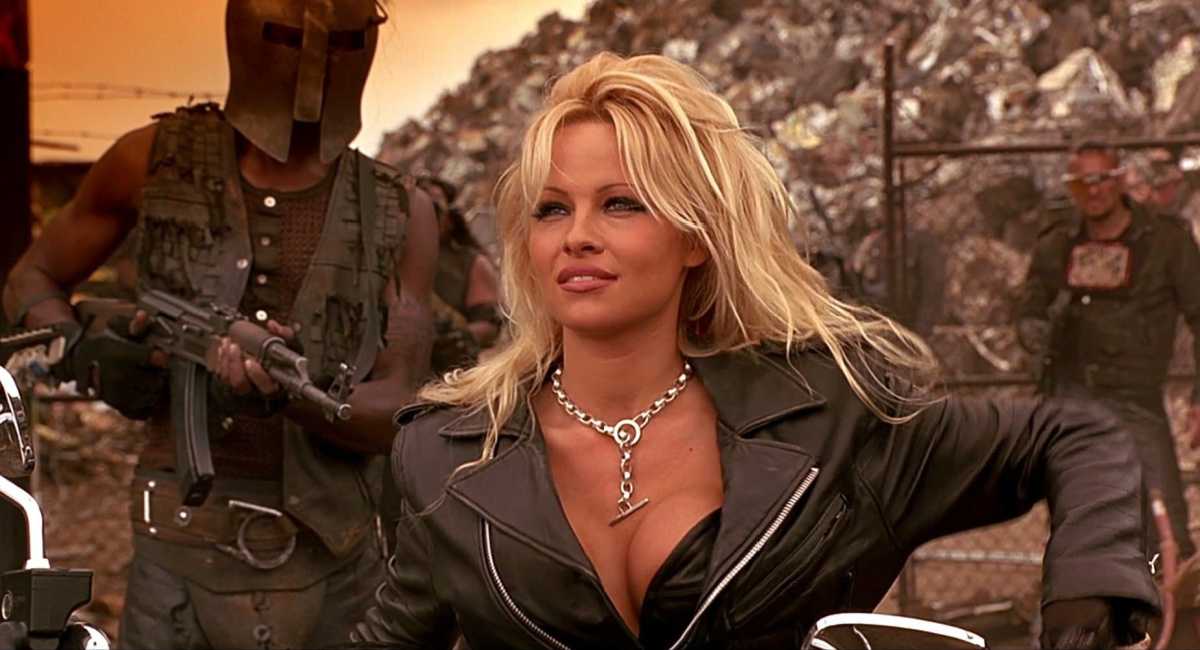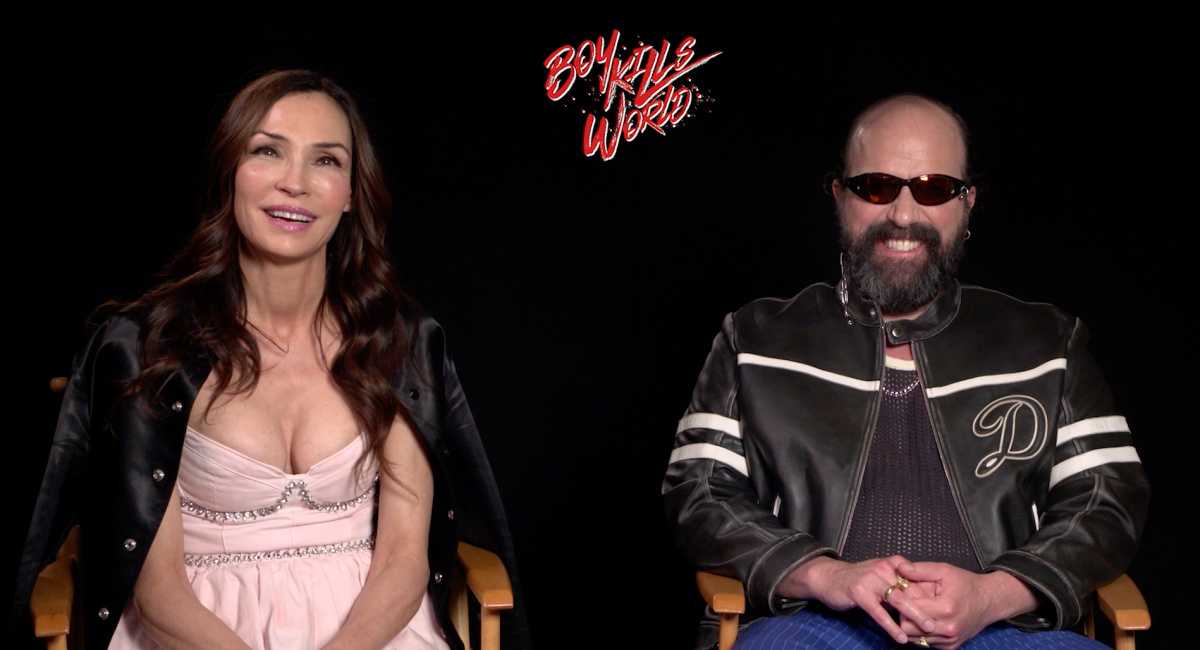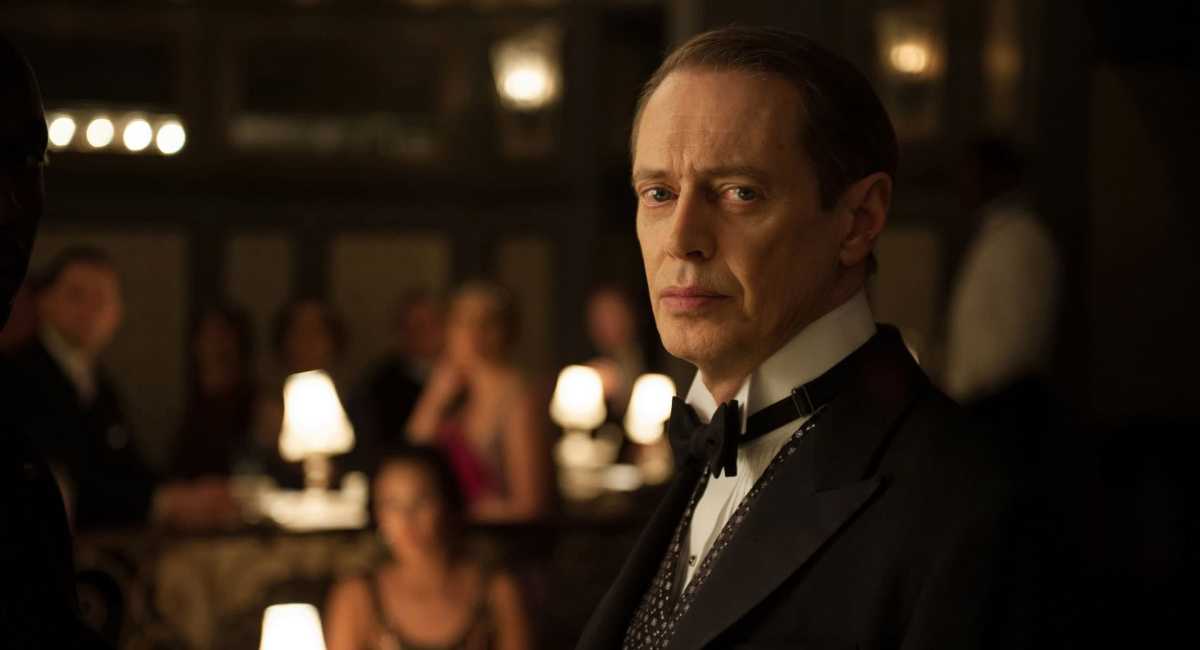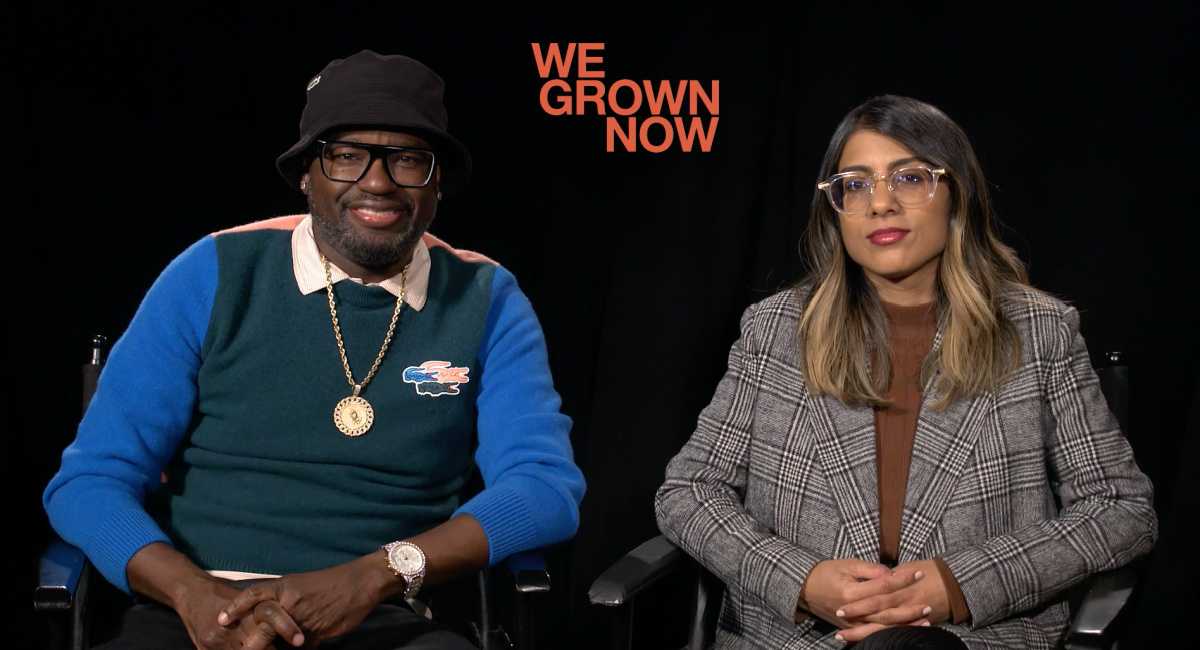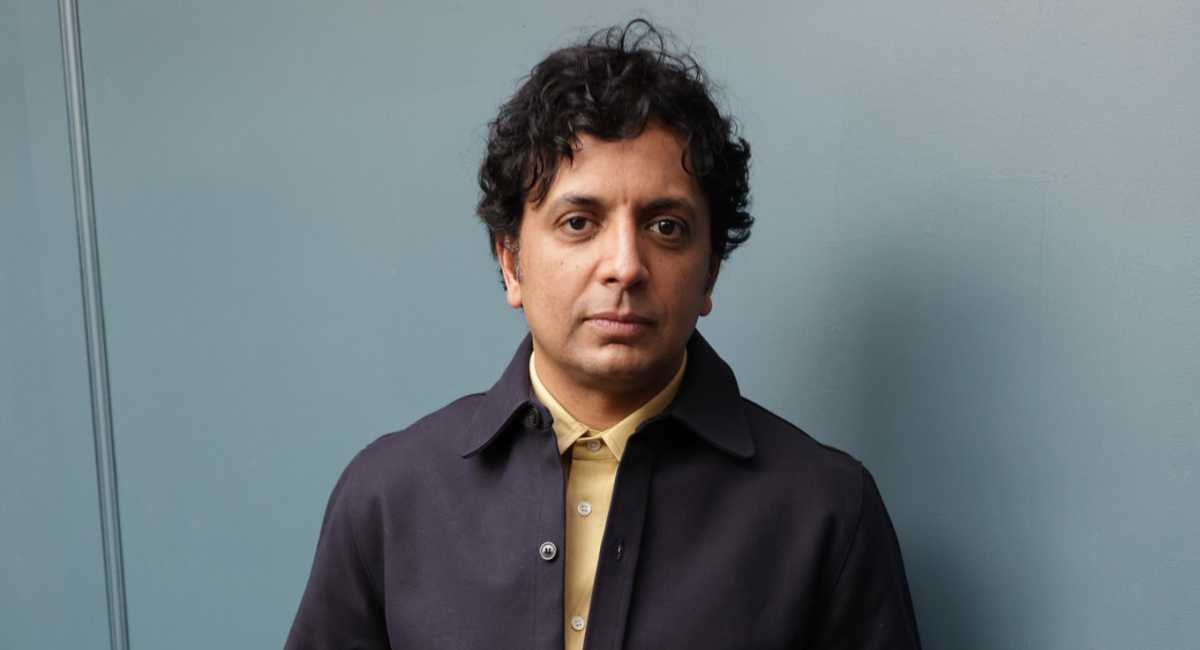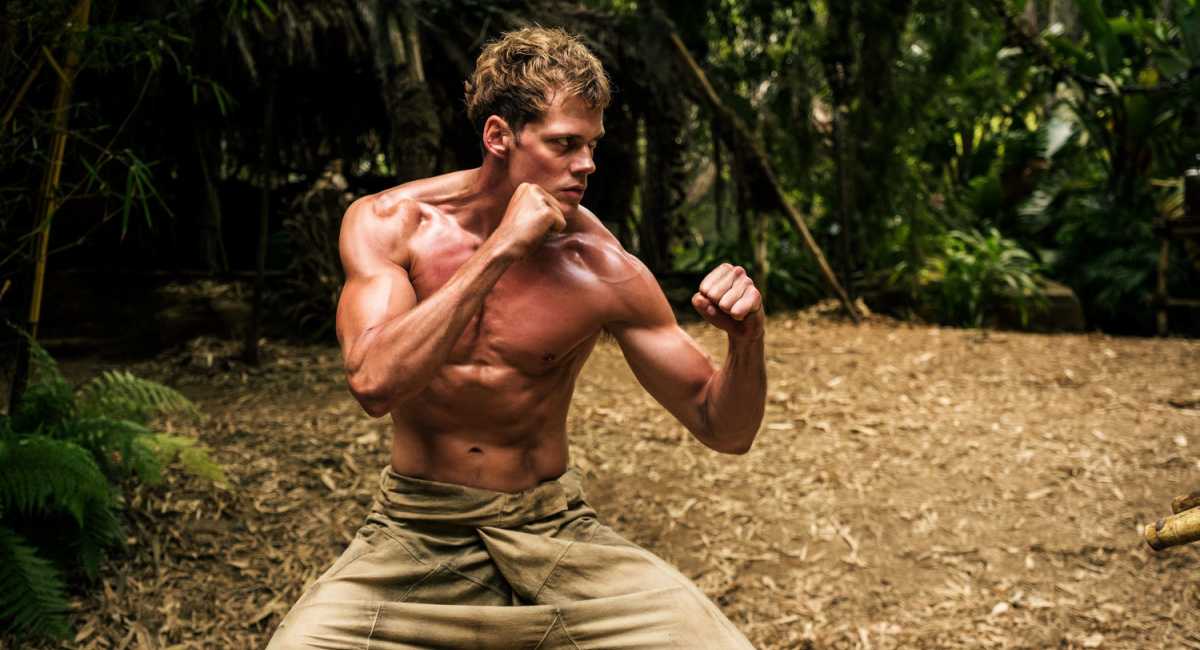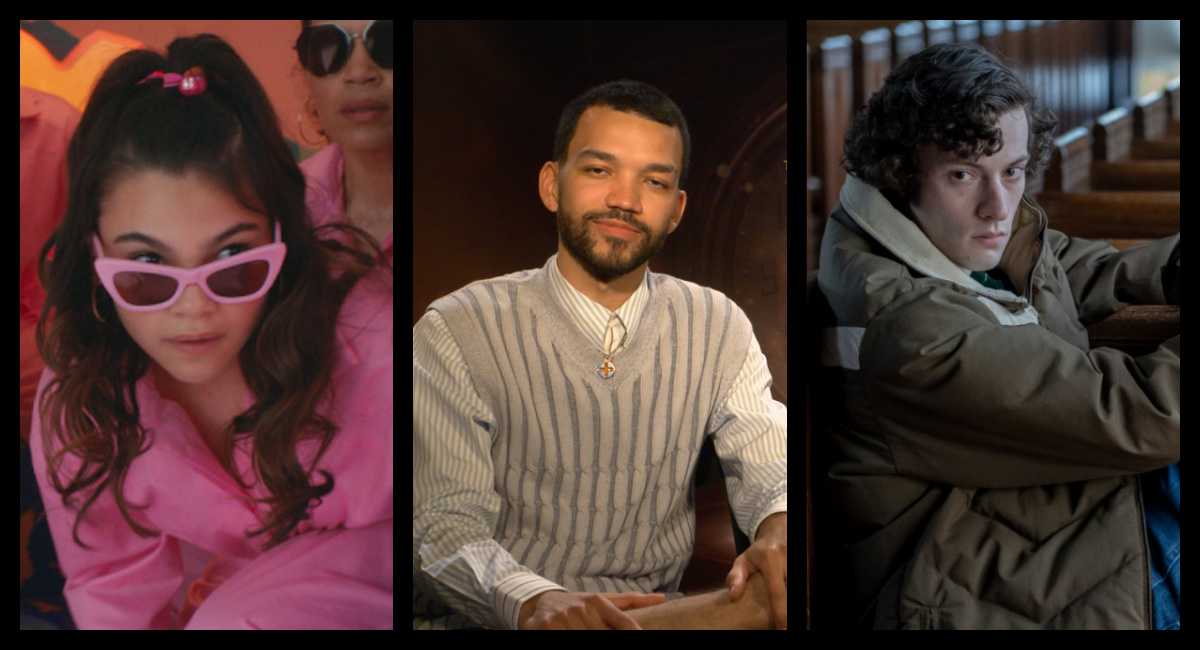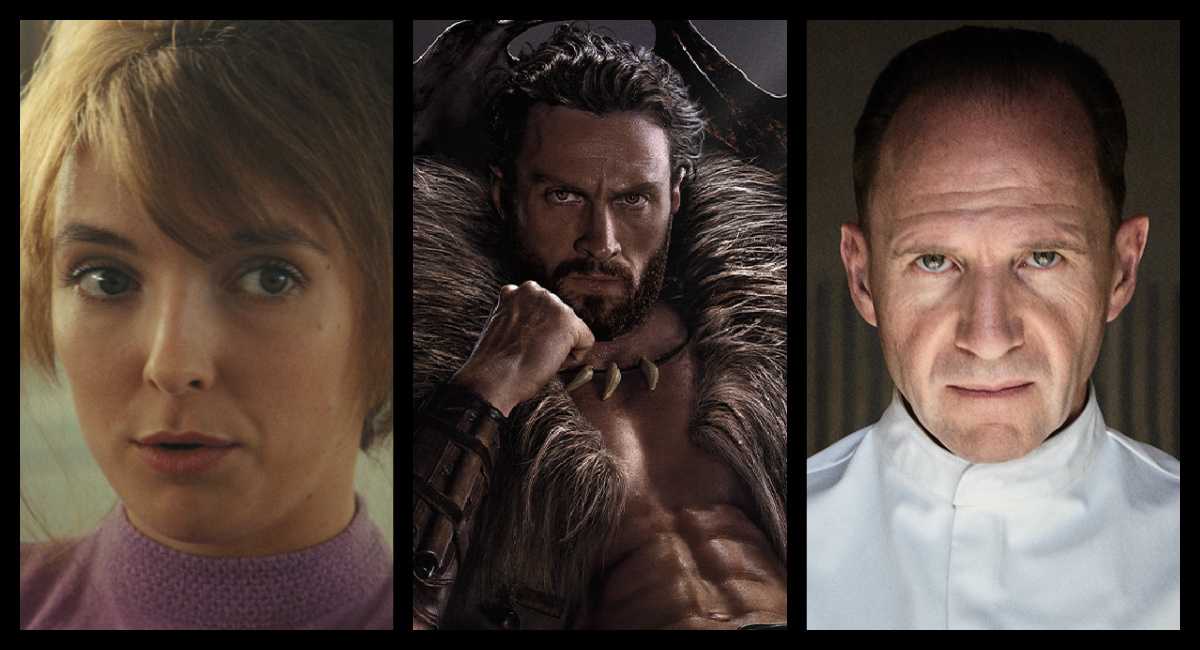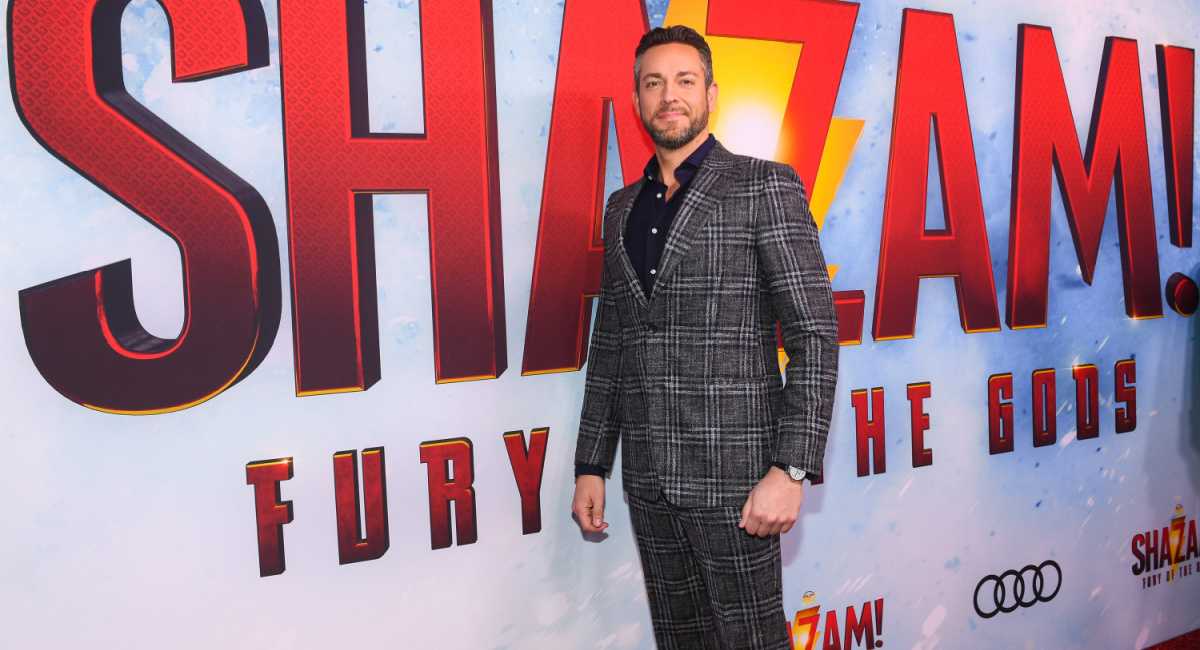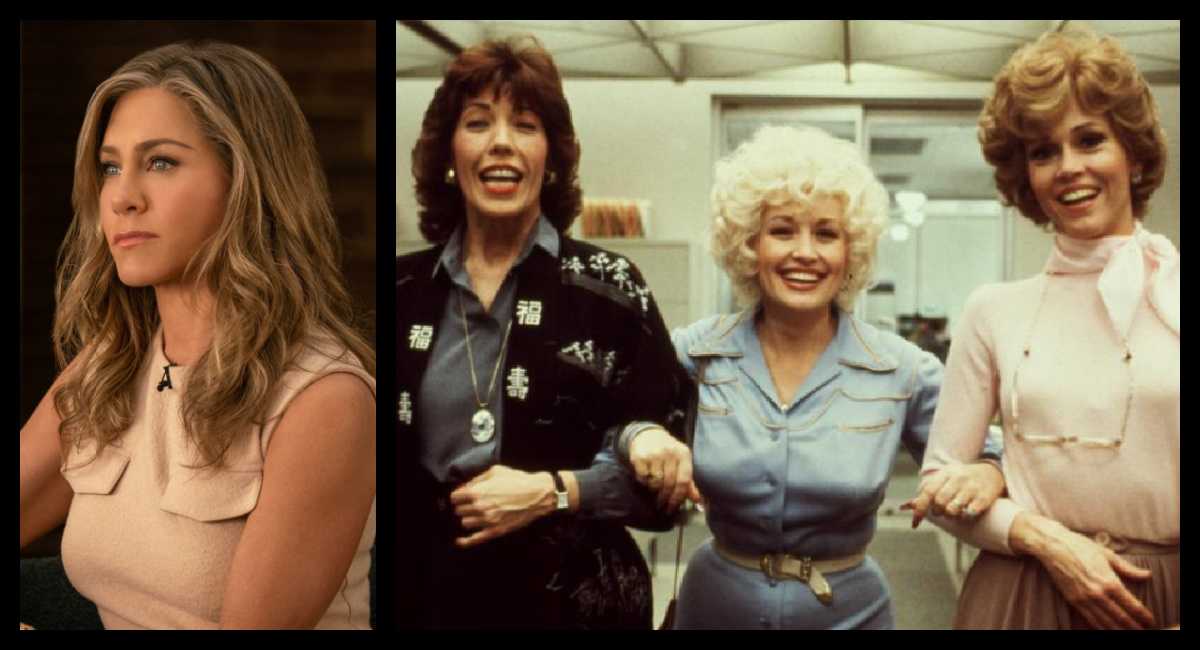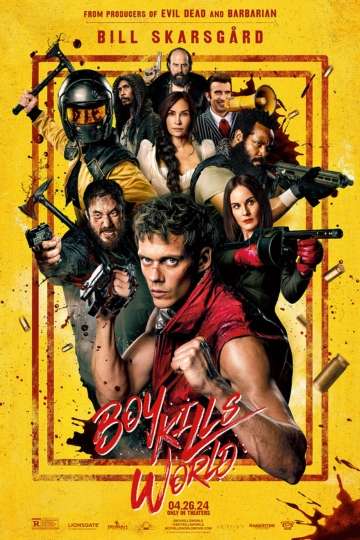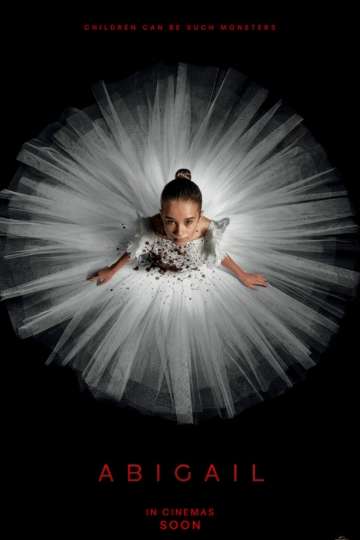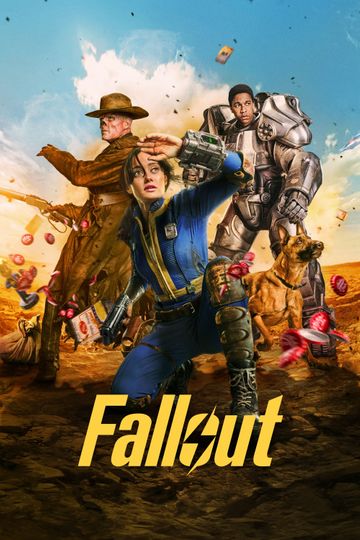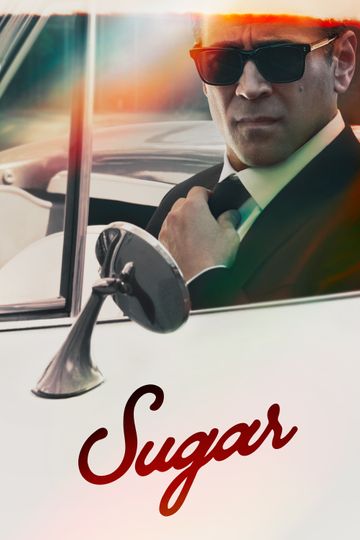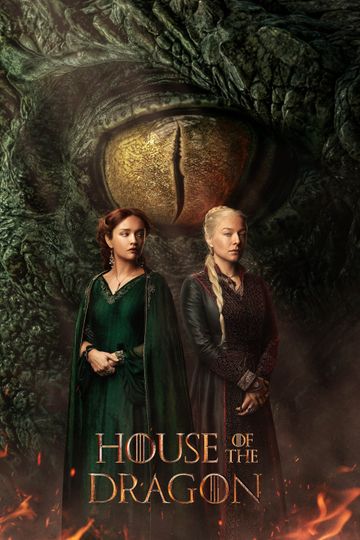Ewan McGregor Almost Froze His Face Off for 'Fargo' Season 3
Even an actor of Fargo." But doing it in the voices of two distinct characters? That's another kettle'a fish, donchaknow?
Taking on his first major television role, McGregor headlines the third season of FX and creator Noah Hawley's critically acclaimed Midwestern noir series spun out of the beloved 1996 Coen brothers film -- and just to nudge the bar a notch higher, he's playing two far-from-identical brothers: handsome, successful business Ray Stussy, who saved his company's fortunes but found himself entangled in some not-so-legal paypack; and balding, scraping-by Emmit Stussy, whose desire to settle a lingering score with his brother leads him into a potboiler of a plot involving theft and murder.
As he gathered with a small group of reporters, McGregor revealed that landing that distinctive regional dialect was job one, "The challenge is, first of all, to master that accent, which is really very, very difficult -- it's a very strange accent to lock into!" says McGregor. "I sort of wish that I was coming at it from an American accent as opposed to from a Scottish one. It's the hardest accent I've ever done -- and I did Dutch once in something! I thought that was quite hard, but this is worse!"
"Also it's very familiar, it's an accent that everybody we know from the movie and from Season 1 and 2, so our audience's ear is attuned to it. Anyway, it's a challenge, and then within that accent to try to find Ray's voice and Emmit's voice obviously not to be the same. So there's lots to play with here, which is great."
While the storyline was still top secret, McGregor revealed even more of the behind-the-scenes tidbits, including acting opposite himself, the difference between how he and another Obi-Wan actor tackle multiple characters, and the other tricky accent for a recent role that left him burning the candle at both ends.
Are there a lot of occasions where you do act with yourself?
Ewan McGregor: There will be scenes where Emmit and Ray are in the same scene. At this point, I don't know how many ... They've made it as easy as it could be, in that we've cast an actor to be Ray, and another actor to be Emmit. When I'm Ray, I act with an actor who's playing Ray. So we can shoot over his shoulder. They've cast it very well, and the makeup and hair department, and wardrobe department, make him look very like me. So we're able to use over his shoulder. Then we have another actor.
This is actually really helpful. So when I'm Ray, I'm looking at a guy who looks like Emmit, and when I'm Emmit, I'm looking at a guy who looks like Ray. They're good actors, so that's really all I need. Then I'm acting with somebody, so when we cut back and forward, it should work. In my experience in the other two projects, it can work very well.
Is there double pay involved?
I missed that one, actually! I tell you what there is, there's double the learning. "Fargo's" quite wordy. Like I said, we're going to be shooting an episode, an hour, in eight days. There's a lot of learning involved. Also, because [of the way] "Fargo" is written, nobody finishes a sentence, it's very broken up, and it's very particular. And if you don't learn it exactly, it doesn't sound right. It's like a monster learning. I'm either working, or I'm at home learning lines.Alec Guinness is one of the great masters of playing multiple characters, and you, of course, share a sort of an acting bond with him.
Yes, I do!
Did you look at his work and how he did it to get a sense?
No, I think you have to look inward at the character. You're looking from the inside out. I think Alec always used to start with the shoes. That's the legend, is he used to find the character's shoes first, and work from there up. I try to find the soul of the character. So my focus is very much on who these two people are, and their interesting story with each other.
What was it about Season 3 of "Fargo" that you said, "Yes, I'm going to commit to a full season of TV right now"?
The writing is so very good. The flavor of it is exactly what I want to be doing. I really enjoyed watching them. I ventured into television before. I made a pilot with HBO for Franzen's novel "The Corrections," which they decided not to make. As a film actor, that's when I made my decision to go into television. And they didn't pick it up, so it didn't happen. Since then, I've been just keeping my eyes open as to what's around.
And it is interesting to come into something in its third season. But in a way, it's because the first two seasons were so very good. It's quite tempting. I know and trust the writing and the creators, because Noah Hawley is an extraordinary man, an extraordinary writer and director. And I can look at his work and see that it's really good.
These two characters are very appealing to me, and the other cast members. It's great to be with this bunch of actors.
The structure of "Fargo" is such that you won't likely come back for a fourth season, or, if you do, it's for a brief moment. So do you want to pursue finding other TV projects in the future?
I think now, you're looking for the right work. You're looking for the work that satisfies you. The work that you feel reflects you as an actor. It doesn't matter. It doesn't really matter what it is anymore. I've sort of danced between theater and film, and will absolutely now make that between feature film and television.
I directed -- there's something about my experiencing of having directed a film, and then watch it go into the cinema, and disappear. I think it's not a coincidence I'm doing television right now, somehow, in the way the planets have lined up.
You shot in Calgary during the winter. How'd that hit you?
I think below minus-40 is when things become inoperable. But anything up to there is fair play, I think ... It's good. It's not miserable. It's really beautiful, the countryside up there. The temperature is extreme, but it's not like standing in the rain in Glasgow for four hours. In a way, that's worse. I don't know why.
Minus-20, when it's blue skies and snow, it's not too bad. It's a funny feeling when you come out of your trailer or out of your house in the morning, on your face. Like, I walked a couple of blocks one day, and I thought maybe I was doing something permanently bad to my face, it was so cold. It started feeling weird, and my eyes were going a bit weird. I thought I might be doing myself permanent damage. So I jumped into a shop to let my face thaw.
We finally saw you in a musical again with "Beauty and the Beast." Why did you decide to return to the musical genre?
Just because I was never offered one after "Moulin Rouge!" I went on stage doing "Guys and Dolls" in London in the West End for six months after "Moulin Rouge!" And then I was never offered another one!
But there's not many around to be honest. I had hoped, and I thought, after "Moulin Rouge!" came out, and then there was a great musical movie called "Hedwig and the Angry Inch" that came out around the same time. I felt a combination of "Moulin Rouge!" and "Hedwig" might be the start of a new musical cinema.
Then the next thing that happened was "Chicago," which was very much a film version of the stage play, which wasn't pushing the musical into a new area, like "Hedwig" had done. It just didn't sort of materialize. I don't know why. Now of course with "La La Land," that might do it. I don't know.
Would you be open to doing another one?
I love it. I'm a musical person. I love music and I love singing and dancing. It's very much in my wheelhouse. Expressing yourself through song is a very effective way. If you sing I love you to someone, with a full orchestra behind you, it's very powerful. It's hard to get that feeling by just saying the words, although we try to. So I'd be totally up for it, yeah. I hope that that happens.What was the fun of bringing Lumiere -- a character that's iconic in animation -- to life, and figuring out how you were going to personify that essence.
I never think about whose done it before. The only time I would have done that before I suppose is "Star Wars." I had to think about that because I was trying to play Alec Guinness as a younger man. Or on stage playing Iago in "Othello" -- of course that's been done before. But the last thing you do is think about is who did it, how they did it before. You're trying to find your version of it.
I was in very good hands with Bill Condon, the director, and I didn't think very much about it. I just did it. Partly that was interesting because I had to do a French accent. I've been married to a French woman for 22 years and my house is full of French every day. My kids all speak French, only to their mother, and I find it very difficult to do. I rather arrogantly thought I'd be able to do this French accent without doing very much work, and when I tried to do it, I didn't do it very well.
What I did was I came back to it afterwards and rerecorded the whole thing again with Bill Condon in a studio. So we had two shots at it and we improved it. By that time, I'd got a handle on my French accent. Then singing, I got a chance to sing of course "Be Our Guest," the big musical number. And singing in French, again, was fun. I did that twice, too, because I hadn't been in a recording studio for a long time. I was in a recording studio in London when we recorded the song for the first time.
That was an enormous amount of pressure I felt. I'd only just arrived. I was jet-lagged from LA. I got off a plane one day, and the next day, I was in the recording studio. It's very nerve-wrecking recording because you're in a quiet room and through the glass there's people who are looking at you and they speak to each other and you can't hear them. In this instance, there was like 50 people in there, and I was standing, jet-lagged, alone, trying to sing in a French accent this big number.
Every time I stopped they would go, "OK, Ewan. Hang on." I became terribly scared that they were going, "What the f*ck are we going to do with him?" We did it, and it was fine. Then I asked Bill, I said, "Look, when we're working on the dialogue next time, can I have another shot at it?" So we went just privately, me and him and a few people in New York, and we recorded it a second time.
